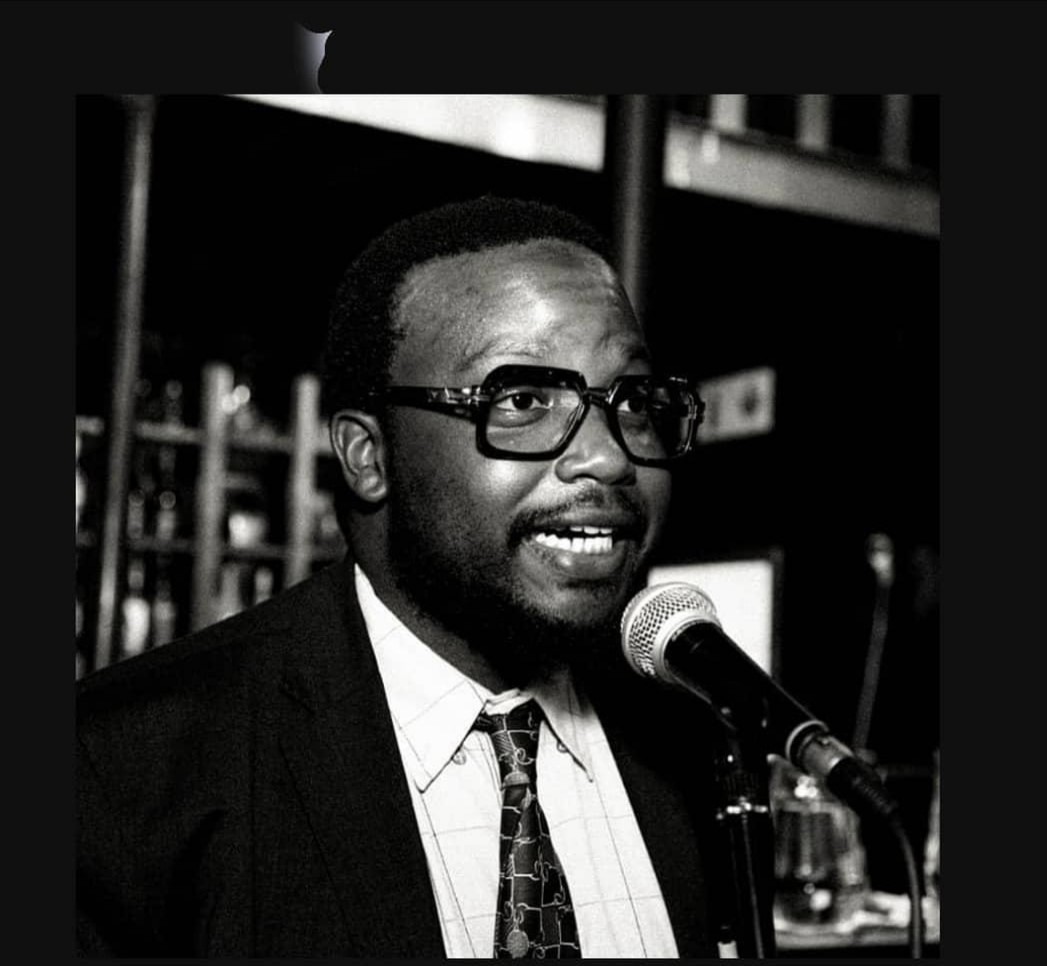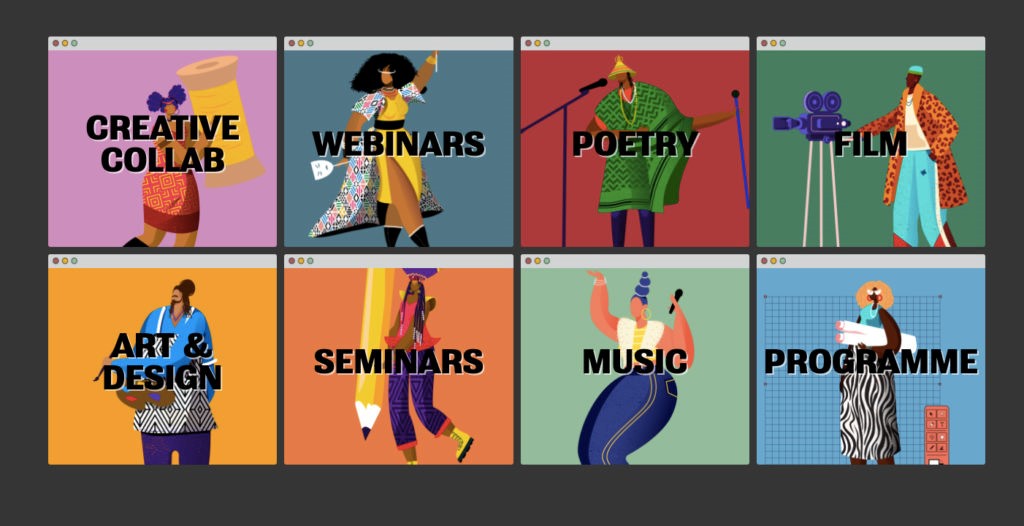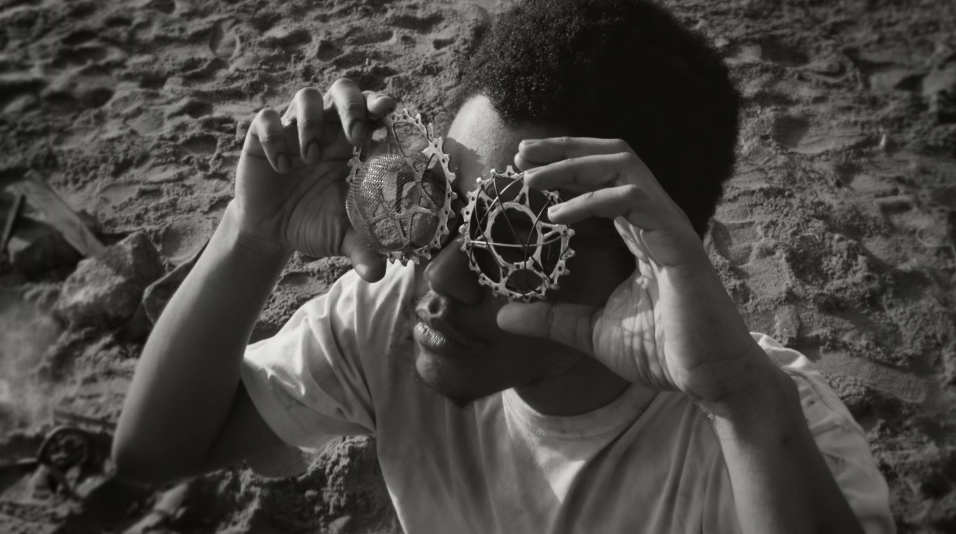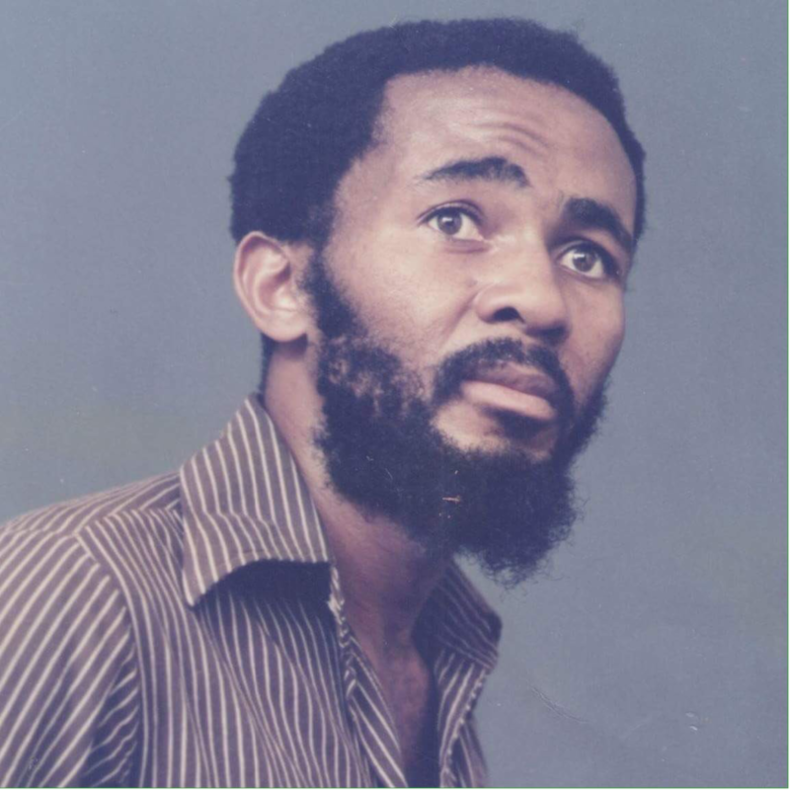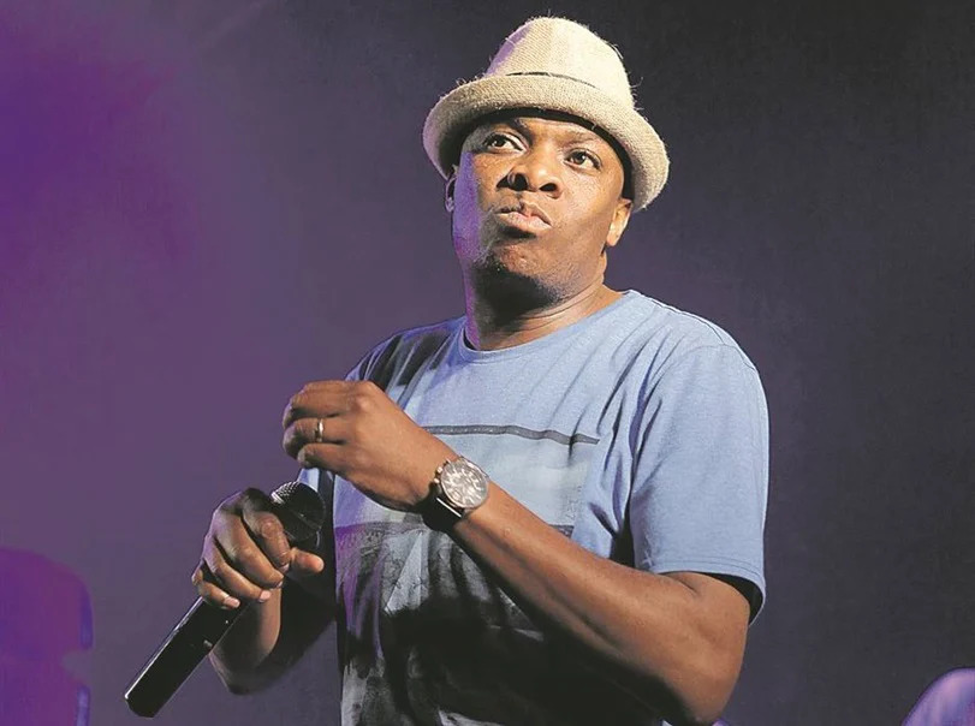Written by a vernal scribe from the Vaal with an indubitably inventive hand in Thabiso Rammala, Tau is a bilingual narrative about a young, floral shirt and Caverla wearing Mosotho fellow who is about to come of age and is accordingly expected to embark on the age-old rite of passage journey along with friends and confrères from his locality. A no-holds-barred conversation between his traditionalistic father and freewheelingly modernistic mother about gender equity and roles sets him on a cultural collision course. Dismayed by his wife’s progressive ideologies whose effects have begun showing in his S’khothane son, Tau’s father further fears his son may just grow up to abandon his culture and values altogether. As he enquires from Tau what kind of man wears floral shirts and shiny red shoes, he equally resolves it is perhaps time his son became and assumed responsibilities of a man. He proceeds to sign him up for a course on manhood in the mountains of the Free State or what is colloquially referred to as the initiation school. Excited at the prospect of spending time away in the mountain with familiar faces to return a man, it emerges that Tau in fact holds high his Sesotho culture as he embraces the experience and its tribulations. On their journey to manhood, there are several potholes for the initiates that ultimately raise questions around the progressiveness of culture and tradition in an embryonic spacial existence.
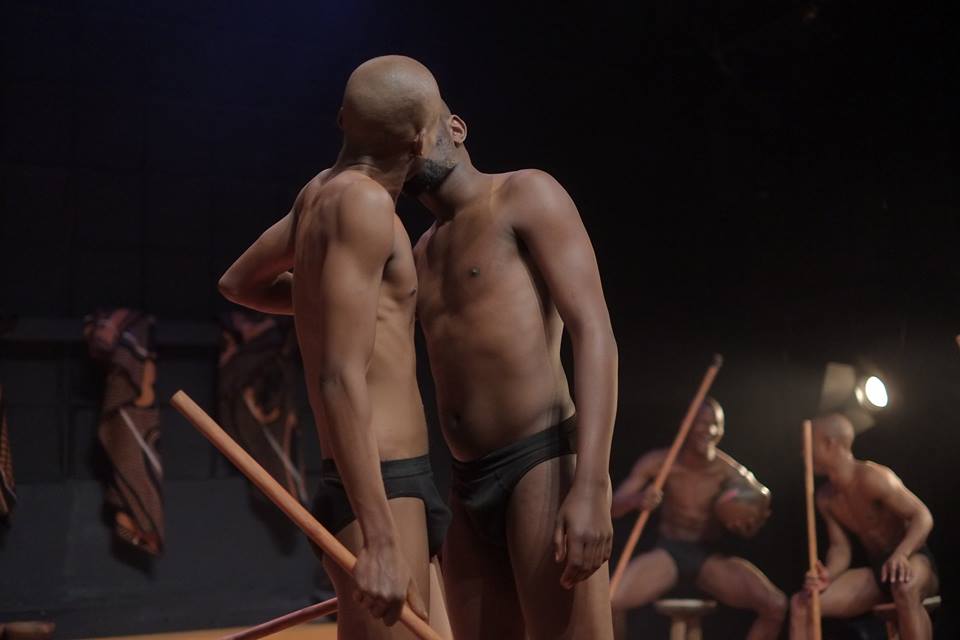
As Rammala ingeniously submerses and endears the proud cultural practices of the Basotho people to the audience, he correspondingly yanks them out like a plaster off hirsute skin as he challenges the status quo and forces internal engagements with the issues – a shock effect if you will. A master character-tactician, Rammala is without doubt surgical with a pen. He continued to outwardly and intrepidly challenge convention as he partnered with the illustrious and hardworking Momo Matsunyane to direct this showcase that has left many a traditionalist red faced for its address of very sensitive cultural issues that have for centuries been exclusive to men and today continue to grapple with maintaining seclusion and secrecy in the face of permeant 21st century permissiveness. Matsunyane’s participation in a project addressing such intense matters of public interest but under male secrecy and control is possibly too difficult an observation for traditionalists.
There has not been a display so clear, unambiguous and performed with such precision in a long while. Decisive direction from both Rammala and Matsunyane coupled with a sensational performance by the septuple cast is witnessed in the meticulous and steadfast scene transitions, a proper display of the cast’s rich understanding of the issues raised by the script. Heavily propped for added effect, Tau is a tale all South Africans are too familiar with but on closer inspection, discover that they are really not. The vigour with which the show is delivered leaves critics stupefied and wordless. It is a surprise this review has built up these many words. Running until the 21 August 2016 at The Market Theatre at a special ticket price of R95.00 and an added student discount of R65.00, Tau is worthy of your diary, though do leave close-mindedness at home.

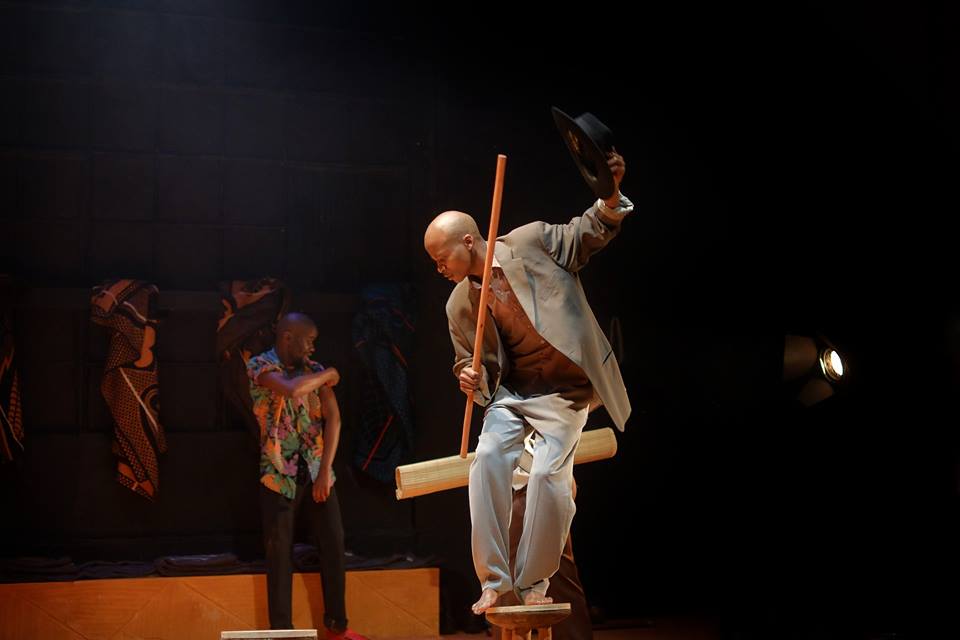
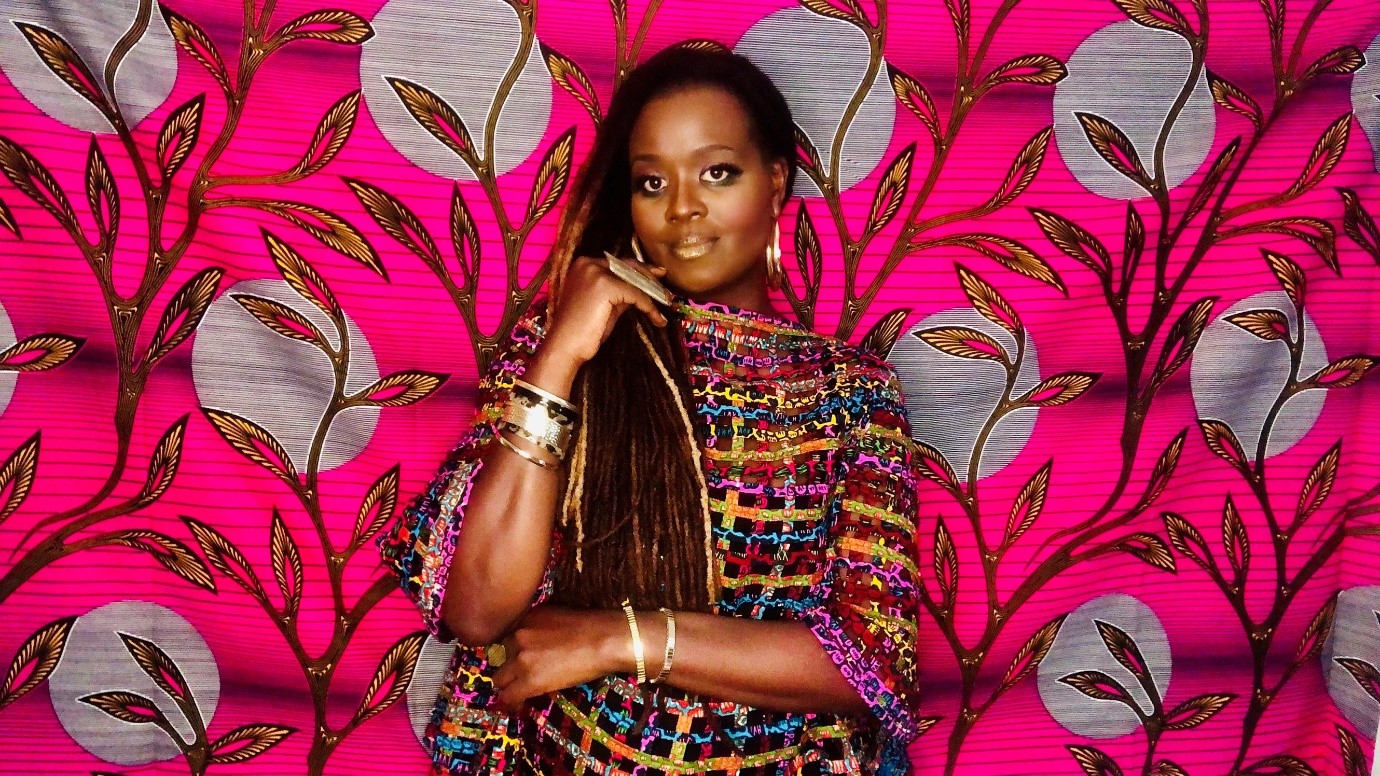
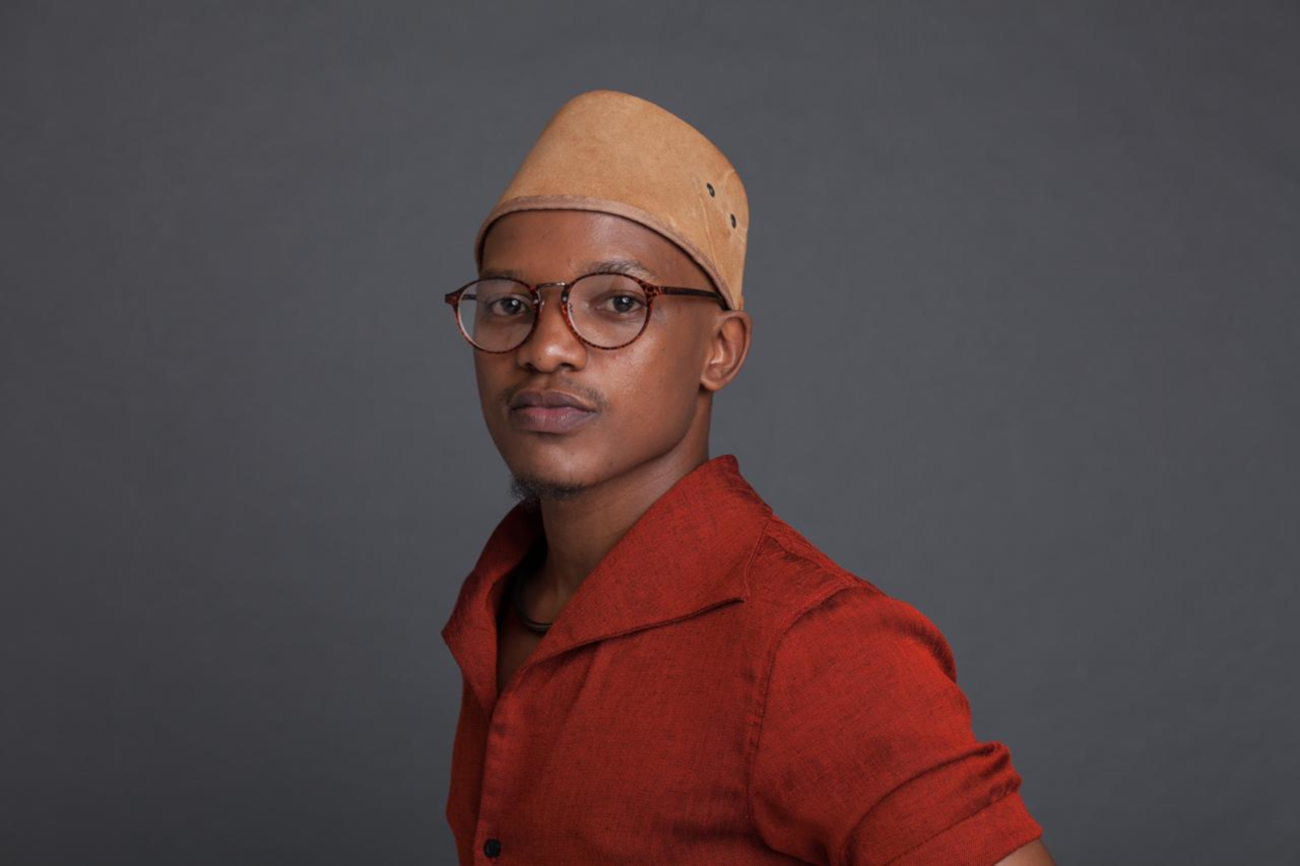



![1976 [Part 1]](assets/images/1976.jpg)

